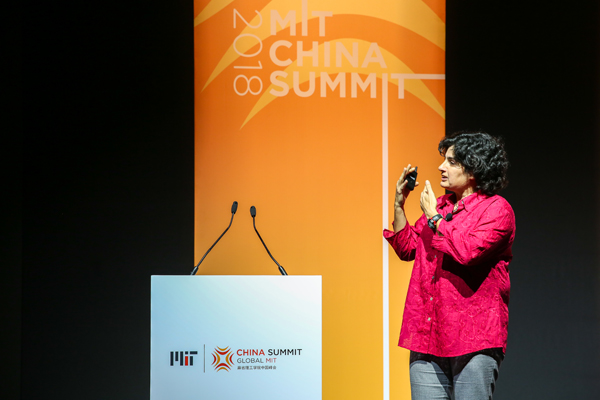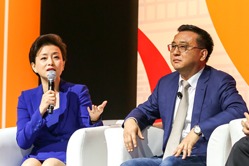Sharing a technological vision


Liu believes technological development will update production modes and improve social services.
"For example, machine translation dismantles the language barriers between people from different countries. In the future, patients in remote areas will be healed with the assistance of AI," he says.
"We should stand on the shoulders of AI technologies instead of being obsoleted by them."
Liu's company has cooperated with MIT in studies on unsupervised speech processing, biological mechanism of learning and subtle behavior to detect signs of cognitive decline.
He says a sound industry and university partnership ensures the application of research achievements on campus.
"China and the United States complement each other as the American universities boast outstanding innovation in fundamental research and prospective studies while China has a large number of users and a wide variety of situations for applying the achievements," Liu says.
"We'd better work together to push forward social development."
Yang Bin, vice-president and provost of Tsinghua University, agrees and adds that collaborative skills are also essential to students' comprehensive development.
"Cooperation among countries or people of different ages helps fuel innovative abilities and entrepreneurship in universities," says Yang.
Tsinghua has joined MIT's online educational platform where students can take graduate-level courses and earn a professional and academic credential named MicroMasters from MIT, he adds.
"The platform's users are of various ages, regions and industries," Yang says.
"This kind of diversity will enable our students to innovate."
Contact the writer at [email protected]





































